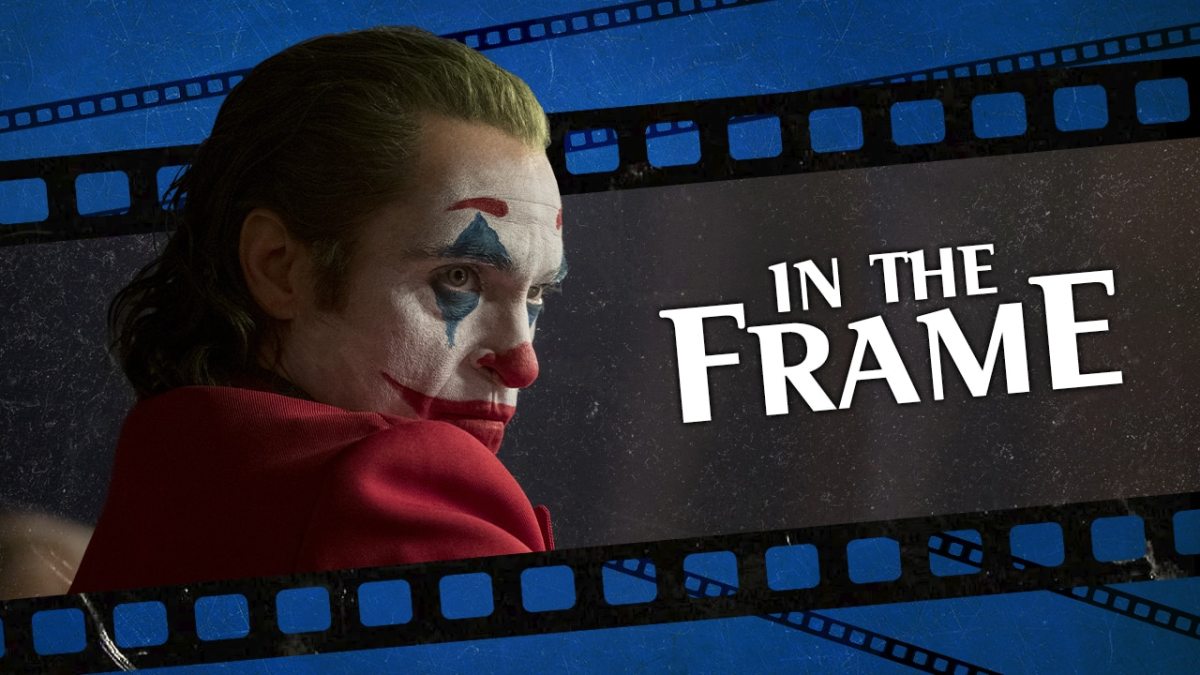A year on since the release of Joker, it is strange to look back on the moral panic that surrounded the film during its development and up to its initial release.
In hindsight, the panic seems absurd. Joker won the Golden Lion at the Venice Film Festival, picked up the highest number of nominations at the 92nd Academy Awards, and became one of the highest-grossing movies of last year and the most profitable comic book movie ever. The film gestures (very broadly) at biting social issues. It is also built around an established intellectual property and owes a sizable debt to the films of Martin Scorsese, especially Taxi Driver and The King of Comedy.
However, in the lead-up to the film’s release, Joker became caught up in a surreal aspect of the culture war. As soon as trailers were released, online commenters became concerned about the movie, that “some toxic guy” might watch it and think “the ends justify the means” or that the film might make the character “the unwitting poster boy for groups like the alt-right and self-styled militant incels.” A leaked version of the script before the movie’s release sparked panic that an “incel Joker” movie could inspire real-life violence.
Of course, there are documented cases of films inspiring real-life acts of violence. In terms of the films that Joker explicitly references, Taxi Driver directly inspired John Hinckley Jr. to shoot President Ronald Reagan. Murderers Sarah Edmondson and Benjamin Darras were allegedly inspired by watching Natural Born Killers. In May 2011, bank robbers in Chicago allegedly took their cues from Ben Affleck’s The Town.

However, lawsuits attempting to blame these movies for these crimes have been thrown out of court. The legal threshold for “incitement to violence” is quite high, and none of these films come close to meeting it. Although this is a column about pop culture, it seems likely that it would be more productive to discuss issues like access to firearms. Much like arguments over mental health, these moral outrages over mass media are a convenient smokescreen disguising the real issue.
There is a long history of moral panics when it comes to the arts. There has always been anxiety over music perceived to have sinister undertones that might corrupt the impressionable minds listening to it. As early as the 1920s, jazz and the blues were derided as “the devil’s music.” The raw sexuality of Elvis Presley and other rock and roll icons (including Cliff Richard) terrified parents and moral leaders. This is to say nothing of the “Satanic panic” over heavy metal in the 1980s and 1990s.
The panic over Joker was particularly palpable. In the months leading up the release, critics weighed in on nothing more than a leaked script. In its festival review, Entertainment Weekly announced that it had “chosen not to grade Joker”, as if Joker were no mere movie. At Slate, Sam Adams lamented, “No matter how emphatic Phoenix’s performance, it feels like a risk to feel too much for him, not knowing who might be sitting next to you in the theater using his resentments to justify their own.”
Director Todd Phillips stirred the pot in his own way by claiming that the film was under attack from “the far left” and complaining that “woke culture” had ruined comedy even as his work on the decidedly “un-woke” Hangover films served as a stepping stone to a $70M studio movie that would gross over $1 billion. On the other extreme, Jessica Kiang worried about mainstream audiences’ capacity to handle the “arthouse seriousness and unabashed provocation” usually associated with indies.

There absolutely is a valid discussion to be had about the content of the art that we consume, particularly the underlying assumptions that are passively absorbed by an audience — the question of whose story is worth telling, or why the film assumes that an audience’s sympathy will go one way or another. There are valid and interesting discussions to be had about things like the portrayal of white male rage on screen, but the arguments about Joker were frequently apocalyptic in scale.
Of course, Joker was a studio film built around an established (and highly valuable) intellectual property. While Warner Bros. is known for being a more “director-friendly” studio than many of its competitors, given the importance of the Batman brand, there was simply no way that the studio would allow a pro-“incel” movie through its production pipeline. Joker was never going to be anywhere near as provocative as its inspirations.
In fact, the most interesting thing about Joker is how carefully and calculatedly the film avoids so many of the potential hazards suggested by updating films like Taxi Driver or The King of Comedy within the framework of a 21st century studio film. For example, while a lot of the violence in Taxi Driver is clearly racially motivated (even in the toned-down version of the script that was filmed), Joker does not racialize its violence.
Repeatedly over the course of Joker, people of color respond to Arthur Fleck (Joaquin Phoenix) with empathy and compassion. His social worker Debra Kane (Sharon Washington) tries to help him. A clerk at Arkham (Brian Tyree Henry) tries to protect him from a horrific truth. Even his neighbor Sophie (Zazie Beetz) is patient with him. When his co-worker Randall (Glenn Fleshler) refers to a bunch of non-white youths who brutalized Arthur as “animals”, Arthur responds, “They’re just kids.”

While Taxi Driver roots Travis Bickle’s (Robert DeNiro) frustration in his attitudes towards women, Joker sidesteps this. While Arthur’s breakdown is tied to both Sophie and his mother Penny (Frances Conroy), the film handles his violence towards women with care. Male characters are dispatched in brutal ways, but Penny’s murder is treated with discretion and Sophie’s fate is left ambiguous in the theatrical cut. (A deleted scene confirms she survived. Cinematographer Laurence Sher argues, “Arthur is killing people who’ve wronged him in a certain way, and Sophie never wronged him.”)
In the context of the moral panic around the film, there is almost something endearingly trollish about Joker’s refusal to offer anything genuinely and meaningfully controversial. It is arguable that the most genuinely provocative aspect of Joker is the use of “Rock and Roll Part 2” by convicted pedophile Gary Glitter at a key moment, although it was eventually confirmed that Glitter would not earn any royalties from the song’s use. (Until recently, the song was widely used at sporting events.)
As befits Phillips’ history as a documentary filmmaker fascinated with subjects like G.G. Allin, Joker often seems like a bizarre piece of performance art. It is an illustration of how cheap online outrage is as a commodity, that it can be stirred up by a movie that is so careful to avoid saying anything particularly pointed that it could be described as “a feature-length, R-rated episode of Batman: The Animated Series.”
The most absurd thing about all this is the heightened stakes, where arguments over films that people haven’t seen yet frequently become existential and apocalyptic. Some observers talked about being “held hostage” by the theatrical release of Tenet, but such rhetoric avoided meaningful conversations like discussions about the need for radical planning in the pandemic or social security nets to support small businesses during lockdowns. However, it’s easier to shout about movies on the internet.

Joker was a major studio film and so was never under any serious threat. However, not all movies are so lucky. Recently, the Netflix film Cuties came under fire for “promoting child pornography.” The film became a rallying cry for the extreme right, who had earlier weaponized similar arguments against director James Gunn. Gunn was an established director with a lot of friends, so he survived the scandal. In contrast, Maïmouna Doucouré is a French woman of Senegalese descent who just completed her first feature film and so is particularly vulnerable to such a campaign.
In reality, Cuties was a critique of the hypersexualization of children in western media, similar to the climax of Little Miss Sunshine. However, Cuties is an independent European film, so it pushes closer to the reality of such events. Indeed, the outrage toward Cuties would probably be better served being directed at child beauty pageants like those depicted in Toddlers & Tiaras. As it stands, Cuties is no more or less provocative than classic Hollywood films like Taxi Driver or Pretty Baby.
Then again, outrage has always been cheap. In which case, the joke is on us.






Published: Oct 19, 2020 11:00 am